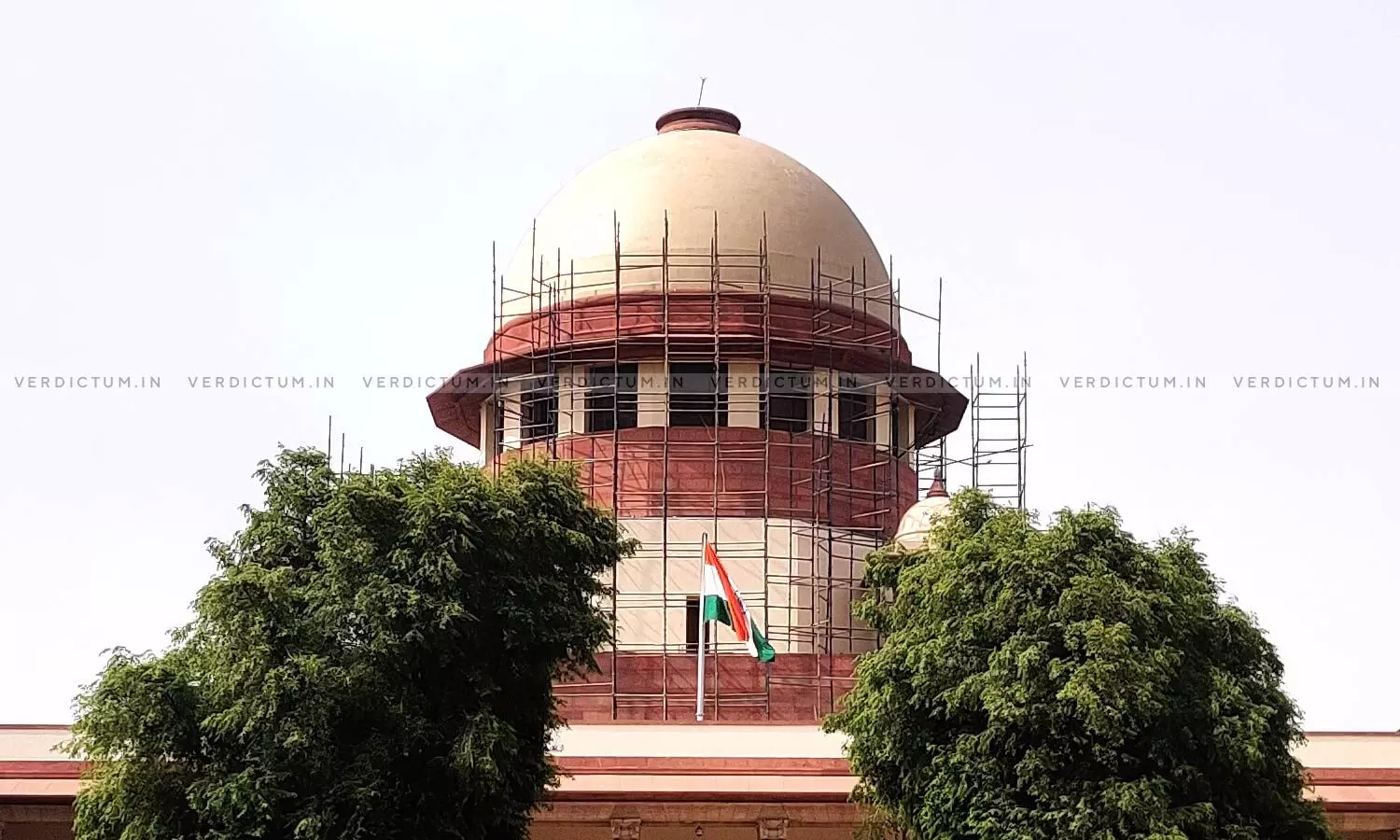
SC acquits man convicted for murdering 25-year-old wife on account of extra-judicial confession as weak piece of evidence
 |
|The Supreme Court has recently acquitted a man who was convicted of murdering his 25-year-old wife on the ground of extra-judicial confession being a weak piece of evidence.
The Court was hearing an appeal filed by the accused challenging the judgment passed by the Calcutta High Court wherein he was convicted for the offence punishable under Section 302 of IPC and sentenced to life imprisonment along with a fine of Rs. 2,000/-.
The two-Judge Bench of Justice B.R. Gavai and Justice Sanjay Karol asserted, “We find that the approach adopted by the trial court was in accordance with law. However, this circumstance which, in our view, could not have been used, has been employed by the High Court to seek corroboration to the extra-judicial confession. … The scope of interference in an appeal against acquittal is very well crystalised. Unless such a finding is found to be perverse or illegal/impossible, it is not permissible for the appellate Court to interfere with the same.”
The Bench agreed with the Trial Court that had disbelieved the recovery of clothes and weapon on some grounds.
Advocate Rukhsana Choudhary appeared for the appellant/accused while Advocate Astha Sharma appeared for the respondent/State.
In this case, a dead body of a married woman was seen lying in a field on the side of the railway track. During the investigation, it was revealed that the appellant/accused, accompanied his deceased wife and his son to attend a Mela (fair), and thereafter, the deceased was alleged to be missing from the said Mela.
The appellant confessed before that he murdered the deceased with at that very spot where the body was found. However, he pleaded not guilty and claimed to be tried and at the conclusion of the trial, the Trial Court acquitted him from the charges levelled against him. On an appeal preferred by the State, the High Court allowed the same and convicted the appellant.
In view of the facts and circumstances of the case, the Supreme Court noted, “The Division Bench of the High Court has relied on the recovery of the blood-stained clothes and the weapon which is alleged to have been used by the appellant in commission of the crime.”
The Court further said that the High Court grossly erred in interfering with the well-reasoned judgment and order of acquittal passed by the trial court.
“… the view taken by the trial court could not be said to be either perverse or illegal/impossible to warrant interference. … The judgment and order dated 31st March 1987 passed by the trial court acquitting the appellant from the charges levelled against him is affirmed”, observed the Court.
The Court directed that the appellant be set at liberty while confirming the judgment passed by the Trial Court.
Accordingly, the Apex Court allowed the appeal and set aside the judgment of the High Court.
Cause Title- Nikhil Chandra Mondal v. State of West Bengal
Click here to read/download the Judgment